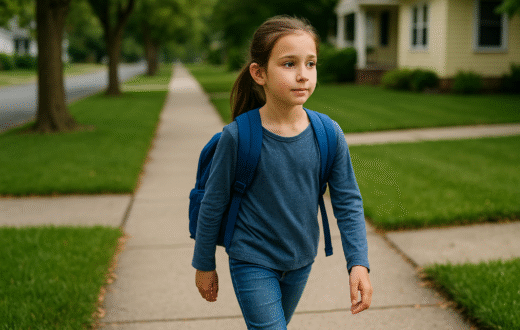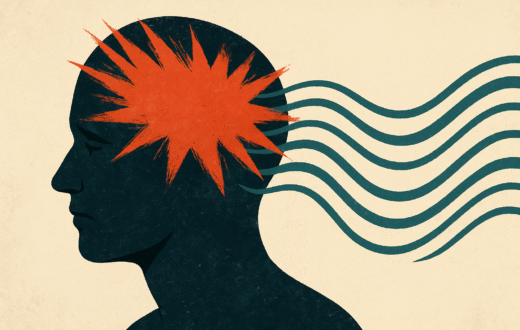Rewiring the Brain’s Reward System in Addiction Through Mindfulness

Addiction disrupts the brain’s ability to experience natural, healthy pleasure, pushing individuals toward intensified cravings and compulsive substance use. But can this damage be reversed? New findings from our research lab suggest that the brain can recover through mindfulness-based therapy.
In a recent study published in JAMA Psychiatry, we found that Mindfulness-Oriented Recovery Enhancement (MORE) can help retrain the brain to respond positively to healthy, rewarding experiences in people struggling with opioid use disorder (OUD). The therapy was shown to enhance mood, boost attention to positive events, and reduce cravings—all markers of improved brain function.
OUD often develops in individuals who misuse opioids initially prescribed for chronic pain, which affects around 50 million Americans. As dependence grows, people begin to lose their capacity to feel pleasure from everyday life, creating a vicious cycle of escalating opioid use to chase fleeting relief. Our study found that participants with OUD had blunted emotional responses when shown images of joyful stimuli (like smiling babies or scenic sunsets), as measured by EEG scans. This diminished response was directly tied to stronger cravings.
However, after undergoing MORE therapy, participants showed heightened brain activity when exposed to the same positive images. This increase was linked to reduced cravings and improved emotional health—evidence that the therapy can help restore the brain’s reward system.
MORE is a scientifically validated treatment that blends mindfulness training, cognitive behavioral therapy, and insights from positive psychology. Over the past 20 years, it has been developed to address not just addiction, but also emotional suffering and chronic pain. It equips individuals with tools to regulate cravings, manage discomfort, and rediscover natural joy and meaning.
So far, MORE has been tested in over 16 randomized clinical trials, including more than 2,000 participants. A 2022 study published in JAMA Internal Medicine showed that MORE reduced opioid misuse by 45% at a 9-month follow-up, nearly three times more effective than traditional group therapy. Additionally, half of the participants reported significant reductions in chronic pain.
In a 2024 study, also in JAMA Psychiatry, combining MORE with standard addiction treatment resulted in 42% fewer relapses and 59% lower dropout rates compared to standard care alone.
Given its strong evidence base, we are now calling on policymakers, healthcare providers, and those managing national opioid settlement funds to support widespread adoption of MORE therapy as a powerful solution in the fight against the opioid crisis.





